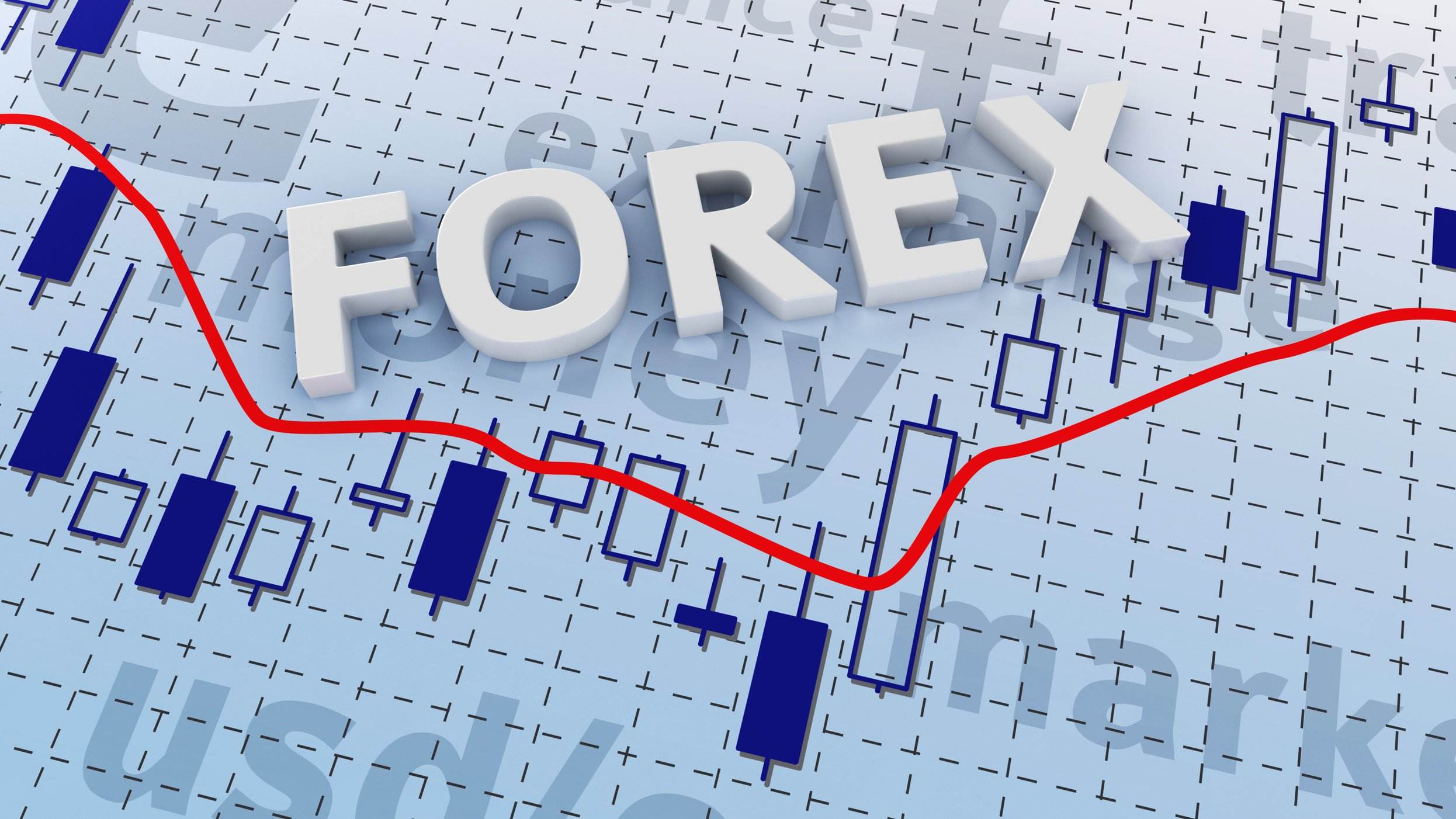Devaluation - 货币贬值
What is Devaluation?
Devaluation refers to a deliberate downward adjustment in the value of a country's currency relative to other currencies. This can be done by the government or the central bank in order to boost exports, stimulate economic growth, and improve the trade balance. Devaluation is often used as a tool by countries facing economic challenges or seeking to gain a competitive advantage in international trade.
Reasons for Devaluation
There are several reasons why a country may choose to devalue its currency. One common reason is to make exports more competitive in foreign markets. When a country's currency is devalued, its goods and services become cheaper for foreign buyers, leading to an increase in demand for exports. This can help boost economic growth and create jobs in export-oriented industries.
Another reason for devaluation is to reduce the trade deficit. When a country's currency is overvalued, its imports become relatively cheaper, leading to an increase in imports and a trade imbalance. By devaluing the currency, the government can make imports more expensive, discouraging consumer spending on foreign goods and helping to narrow the trade deficit.
Effects of Devaluation
Devaluation can have both positive and negative effects on an economy. On the positive side, devaluation can help improve the balance of trade, boost economic growth, and create jobs in export-oriented industries. It can also make a country's debt more manageable, as the value of the debt in foreign currency terms decreases.
However, devaluation can also have negative consequences. One major concern is inflation, as a weaker currency can lead to higher import prices, driving up the cost of living for consumers. This can erode the purchasing power of the population and hurt domestic industries that rely on imported inputs.
Managing Devaluation
Governments and central banks need to carefully manage the process of devaluation to ensure that it has the desired effects without causing undue harm to the economy. This may involve implementing measures to control inflation, such as tightening monetary policy or introducing price controls on essential goods.
It is also important for policymakers to communicate their devaluation strategy clearly to the public and to the international community to avoid uncertainty and speculation in the foreign exchange markets. Transparency and consistency in economic policies can help build confidence in the stability of a country's currency.
Overall, devaluation is a powerful tool that can be used to address economic imbalances and boost competitiveness in international trade. By understanding the reasons for devaluation and its potential effects, policymakers can make informed decisions to achieve their economic goals.
(责任编辑:行情)












